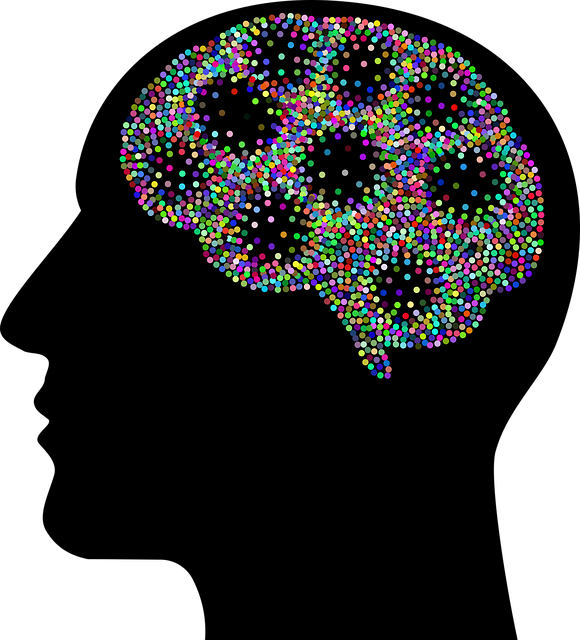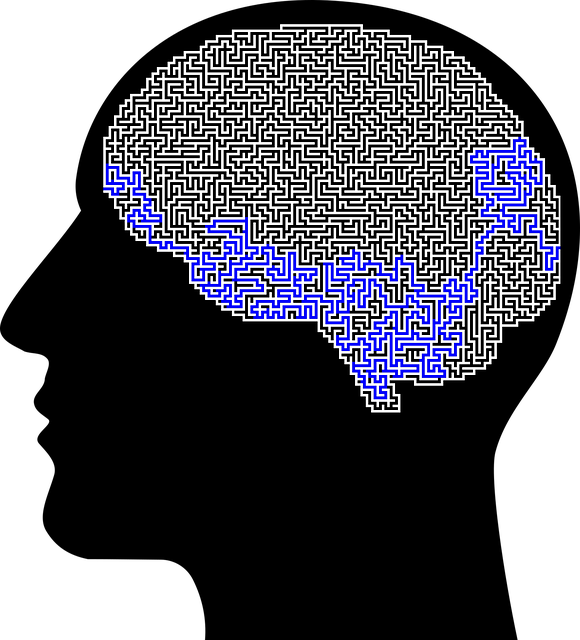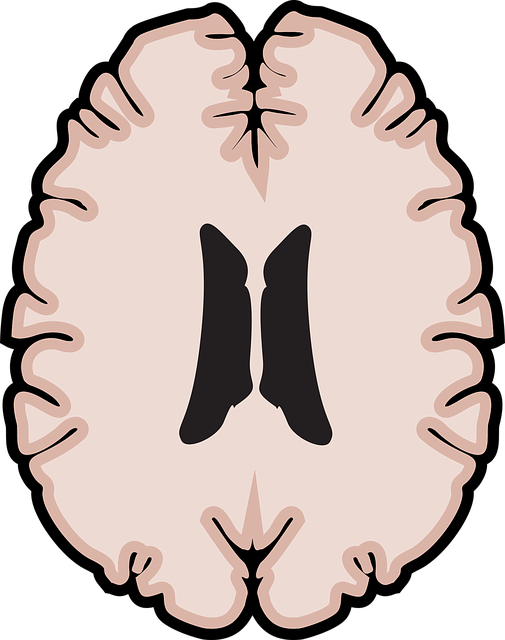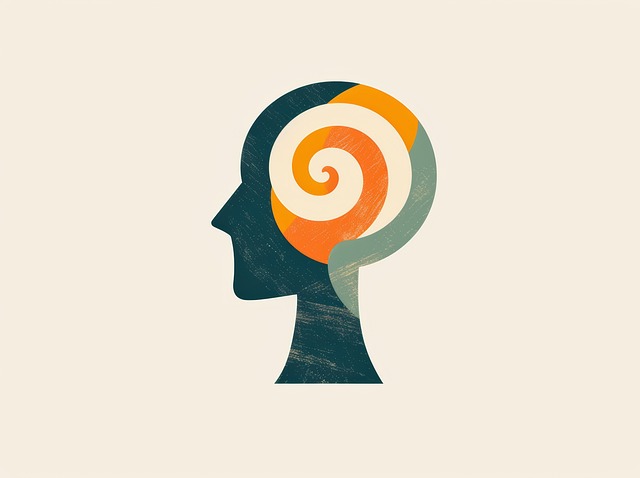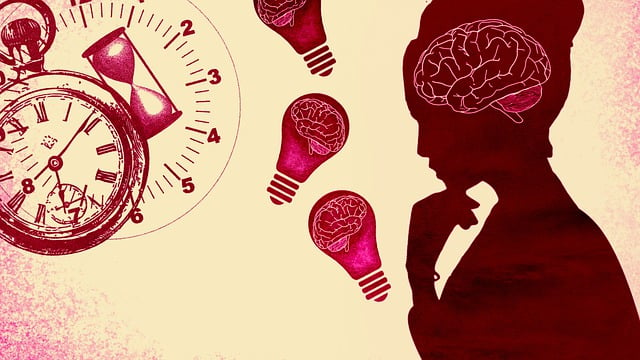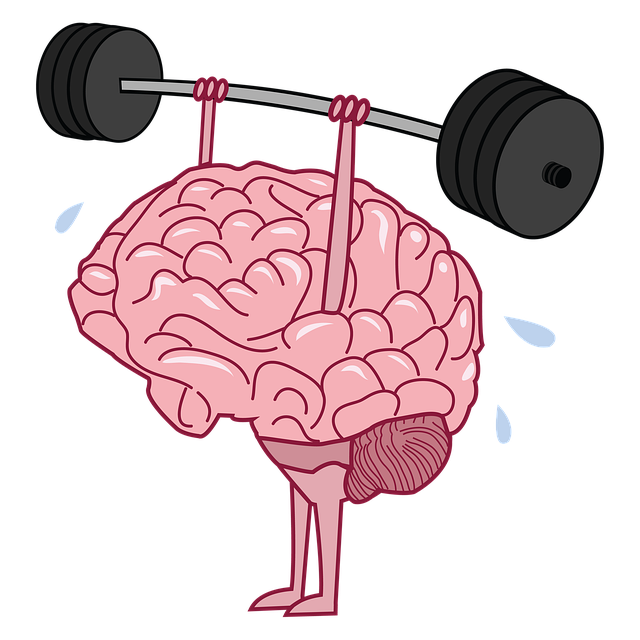Adjusting to aging can be challenging, leading many elders to develop Adjustment Disorder, often overlooked but causing significant emotional and physical strain. Early intervention through targeted therapy like cognitive-behavioral therapy (CBT) is crucial. The Resilience, Flexibility, and Mastery (RFM) model offers a transformative approach, empowering seniors with adaptive coping mechanisms and stress management tools. Tailored resilience-building exercises, including mindfulness and creative arts, address unique elder challenges. Integrating RFM into traditional CBT, along with burnout prevention strategies for healthcare providers, enhances therapy outcomes and overall well-being. Structured assessments measure success, demonstrating improved emotional regulation, quality of life, and crisis navigation skills, while cultural competency training ensures sensitive, effective interventions.
“In exploring effective therapeutic interventions, this article delves into the significance of addressing Adjustment Disorder in elders. The RFM model—Resilience, Flexibility, and Mastery—emerges as a powerful tool in geriatric therapy. We examine its role in enhancing elderly clients’ coping mechanisms and overall well-being. Through a structured approach, we guide readers through designing tailored resilience-building exercises, implementing best practices in clinical settings, and measuring the long-term success of RFM interventions for those managing adjustment disorders.”
- Understanding Adjustment Disorder in Elders: Symptoms and Impact
- The Role of RFM (Resilience, Flexibility, and Mastery) in Therapy
- Designing Effective Resilience-Building Exercises for Elderly Clients
- Implementing RFM Strategies in Clinical Settings: Best Practices
- Measuring Success and Long-Term Benefits of RFM Interventions
Understanding Adjustment Disorder in Elders: Symptoms and Impact

Adjustment Disorder in elders is a common yet often overlooked mental health challenge. As individuals age, they may struggle to cope with changes such as retirement, loss of loved ones, or moving to new environments. Symptoms can include irritability, anxiety, and depression, which can significantly impact their daily lives and overall well-being. This disorder is particularly concerning because it’s often undiagnosed, leading to potential burnout for both elders and the healthcare providers supporting them.
The impact of Adjustment Disorder can extend beyond emotional distress, affecting physical health as well. Chronic stress associated with the disorder may contribute to various health issues like cardiovascular problems and weakened immune systems. Therefore, early intervention is crucial. Through targeted therapy, such as cognitive-behavioral therapy (CBT) tailored for elders, mental health professionals can assist individuals in developing resilience. Additionally, Burnout Prevention Strategies for Healthcare Providers emphasize the importance of self-care and mindfulness meditation to support those who care for elders, thereby fostering a more holistic approach to Mental Health Awareness.
The Role of RFM (Resilience, Flexibility, and Mastery) in Therapy

Resilience, Flexibility, and Mastery (RFM) principles play a pivotal role in therapy, especially tailored for elders dealing with adjustment disorders. In the context of therapy for elders adjustment disorder, RFM offers a holistic approach to nurturing mental fortitude, enabling individuals to navigate life’s challenges more effectively. This therapeutic framework focuses on building adaptive coping strategies, enhancing flexibility in the face of adversity, and fostering a sense of mastery over one’s emotions and circumstances.
By integrating these concepts, therapists can provide elders with powerful tools for stress management. The risk assessment for mental health professionals becomes more nuanced when considering RFM, allowing for precise crisis intervention guidance. This method not only supports the immediate resolution of crises but also equips individuals with long-term skills to prevent future episodes, thereby improving overall mental health and quality of life.
Designing Effective Resilience-Building Exercises for Elderly Clients

Designing resilience-building exercises tailored for elderly clients is an essential aspect of therapy for elders adjustment disorder. Given the unique challenges and needs of older adults, these activities should focus on enhancing emotional well-being and fostering a sense of purpose. Compassion cultivation practices, such as mindful listening and loving-kindness meditation, can be adapted to suit different cognitive levels and physical abilities, making them valuable tools in promoting emotional resilience. These practices not only help in managing stress and anxiety but also encourage social engagement, which is crucial for maintaining mental health in older populations.
Additionally, incorporating creative arts, gentle exercise routines, and group discussions can make resilience-building exercises more enjoyable and accessible. Emotional well-being promotion techniques that focus on building coping skills, positive self-talk, and stress management strategies can significantly contribute to the overall mental health of elderly individuals. Moreover, risk management planning for mental health professionals is vital to ensure a safe and supportive environment during these activities, allowing practitioners to effectively guide clients towards better adjustment disorders management.
Implementing RFM Strategies in Clinical Settings: Best Practices

Implementing RFM (Resilience, Flexibility, and Mastery) strategies in clinical settings offers a promising approach to enhancing therapy outcomes for elders suffering from adjustment disorders. These strategies prioritize building mental and emotional resilience, encouraging adaptability to change, and fostering a sense of personal control—all crucial elements in the therapeutic journey. Healthcare providers can integrate RFM techniques into traditional therapy models, focusing on cognitive-behavioral interventions tailored to the unique needs of elderly clients.
By incorporating practices such as mindfulness, problem-solving skills training, and compassion cultivation, therapists can effectively combat burnout prevention strategies for themselves while supporting their patients’ recovery. Conflict resolution techniques may also be introduced to navigate interpersonal challenges that often accompany adjustment disorders. The integration of RFM concepts into clinical care not only benefits elders with mental health concerns but also equips healthcare providers with valuable tools to manage their own well-being, thereby enhancing the overall therapeutic experience.
Measuring Success and Long-Term Benefits of RFM Interventions

Measuring success is a crucial step in evaluating the effectiveness of RFM interventions. The long-term benefits of these exercises extend beyond immediate improvements in symptoms, impacting the overall well-being and resilience of elders. Through structured assessments, researchers and healthcare providers can gauge the adaptability of individuals to challenging situations, a key indicator of mental health awareness. This process involves tracking changes in emotional regulation, coping strategies, and social support networks over time. By comparing pre-and post-intervention data, professionals gain valuable insights into the success of RFM exercises tailored to address adjustment disorders in elders.
The impact of these interventions often permeates various aspects of an individual’s life. Improved resilience can lead to better management of stress, enhanced quality of life, and increased ability to navigate crises. Healthcare provider cultural competency training emphasizes the importance of understanding unique cultural backgrounds when implementing RFM strategies. This ensures that interventions are sensitive to individual needs, fostering trust and engagement. Crisis intervention guidance, integrated into these exercises, equips elders with essential tools to manage future challenges, ultimately contributing to a more resilient and adaptable mental health awareness framework.
The implementation of RFM strategies, focusing on resilience, flexibility, and mastery, offers a promising approach to therapy for elders suffering from adjustment disorder. By designing tailored resilience-building exercises and adhering to best practices in clinical settings, mental health professionals can significantly enhance the well-being and adaptability of elderly clients. Measuring the long-term benefits of these interventions ensures their effectiveness in fostering a more robust and satisfied aging population. This comprehensive approach, combining theoretical understanding with practical implementation, paves the way for improving the quality of life for elders navigating the challenges of adjustment disorder.


